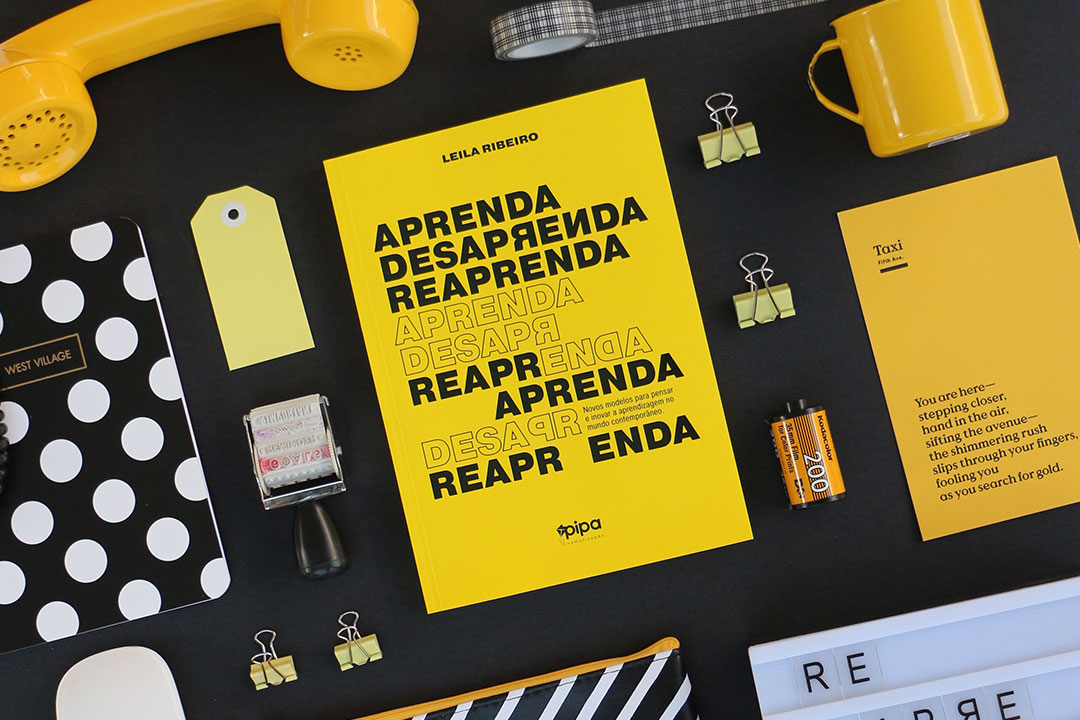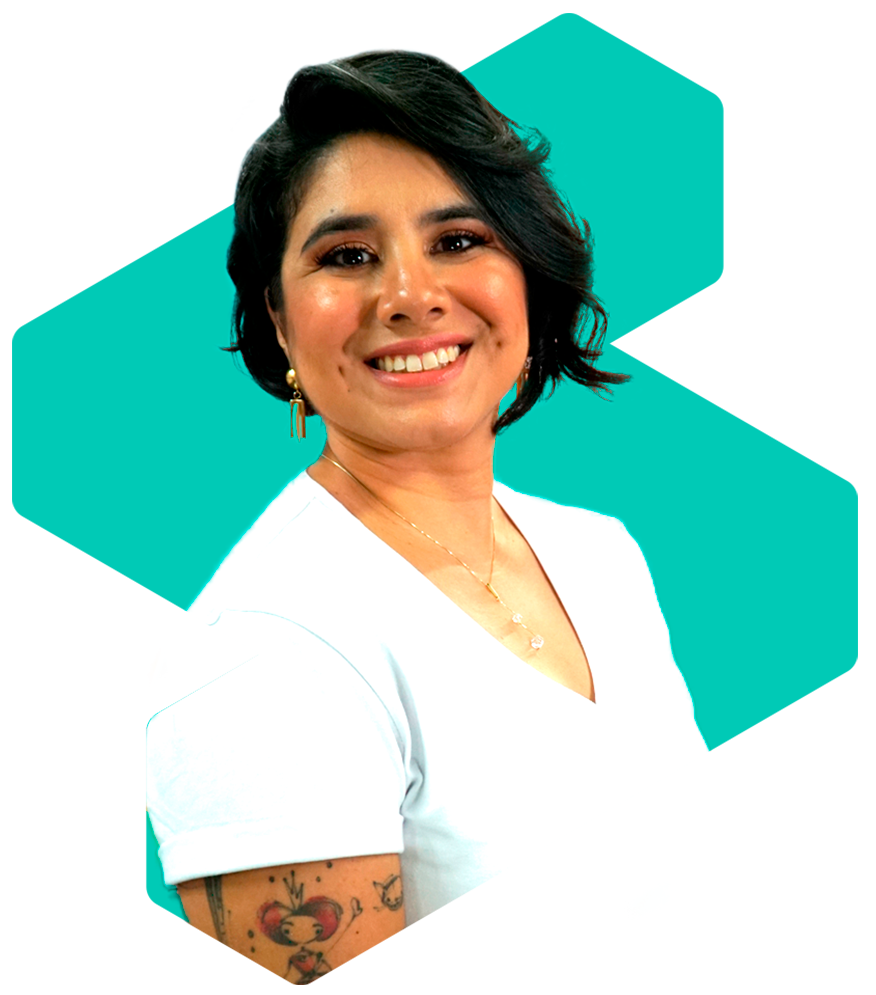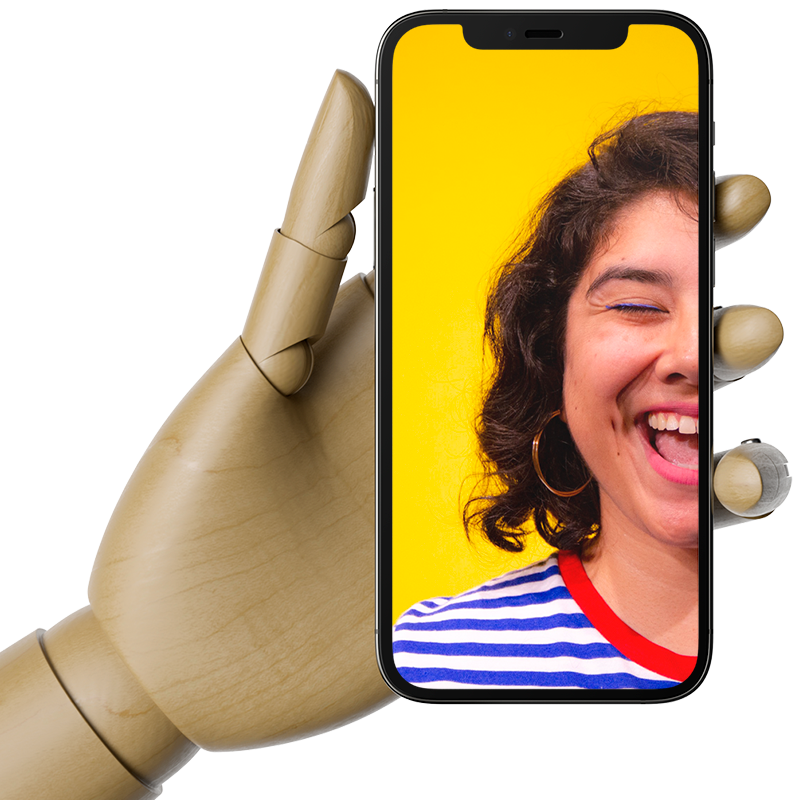Leila Ribeiro is a Brazilian woman passionate about research, creativity and innovation. She is co-founder of Sala, a company created in 2007 that takes a new learning process to any space – academic, corporate or social. Author of the book “Learn, Unlearn, Re-learn”, the result of her master’s research about the use of design in contemporary disruptive learning.
She is degree in Literature/Linguistics, but Leila also holds a PhD in Information Science, a Master in Design and a Master in Applied Linguistics from the University of Brasília (UnB), the same institution where she developed a postdoctoral research about non-conventional learning processes during a series of immersion trips in places and contexts that broke with the traditional role.
Over the years, Leila has presented dozens of lectures on various topics such as Disruptive Learning, Active Methodologies, Lifelong Learning, Creativity, Innovation, Design Approaches, Digital Culture, Internet Culture, Collective Intelligence, Digital and Information Literacy, Design Futures and others.
Design is her passion, then she began to develop workshops of Design Thinking, Participatory Design, Social Design, Creative Processes and Design of unconventional Learning Journeys all of them supported by the model of learning, unlearning and relearning.
In the academic field, she collaborates with national and international research in partnership with institutions such as OEI, UNESCO / MOST / CLACSO, participates in the design research group at the University of Brasília (UnB) and also she is a guest professor in the Post-Graduate Program in Design at UnB too.





